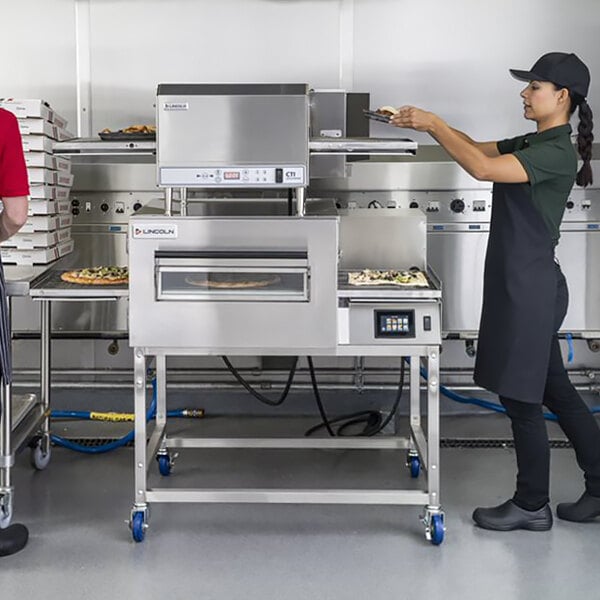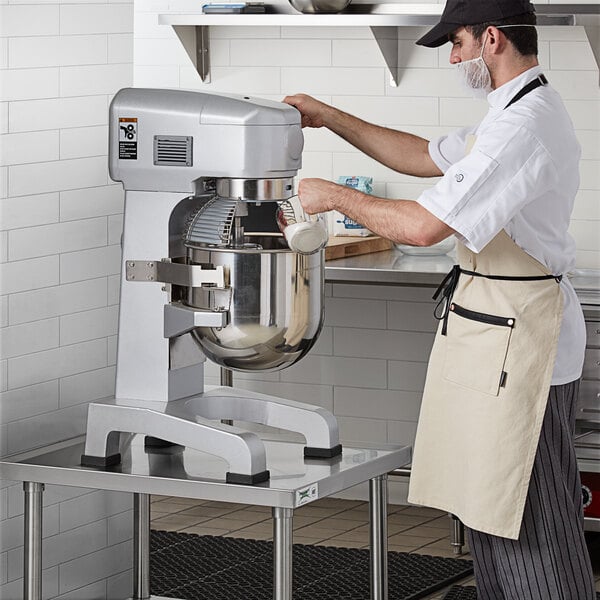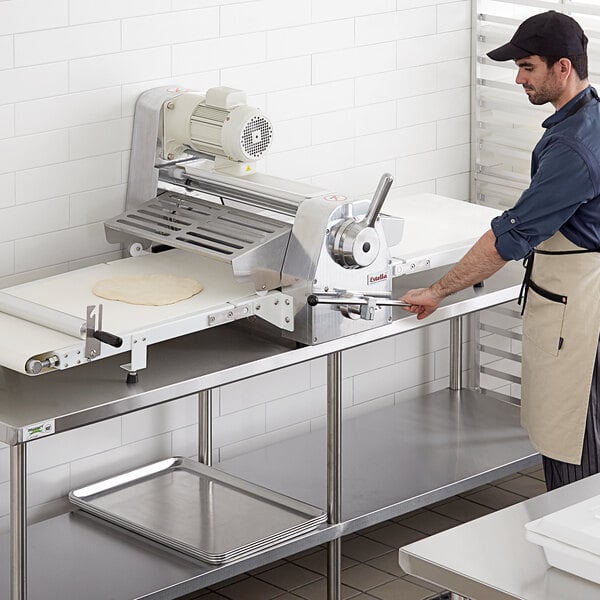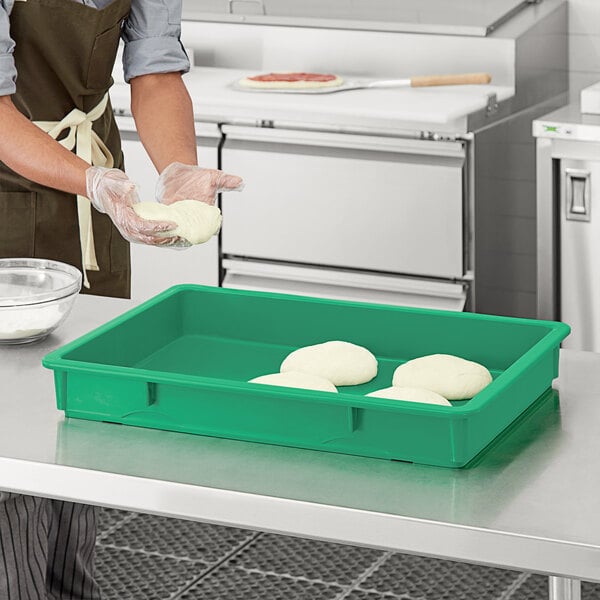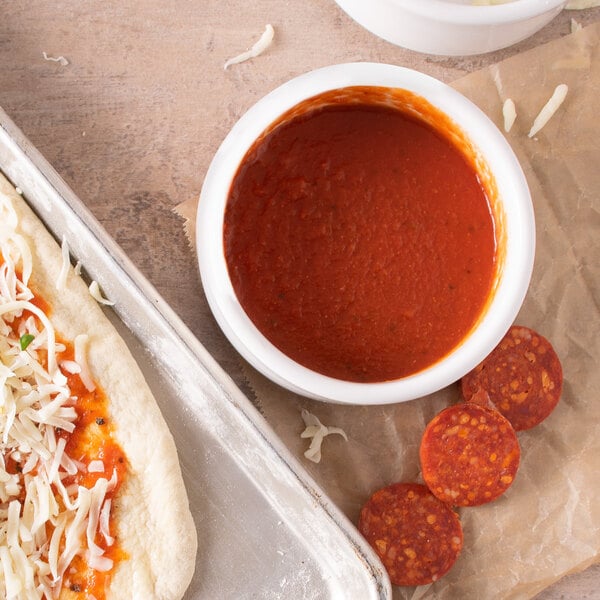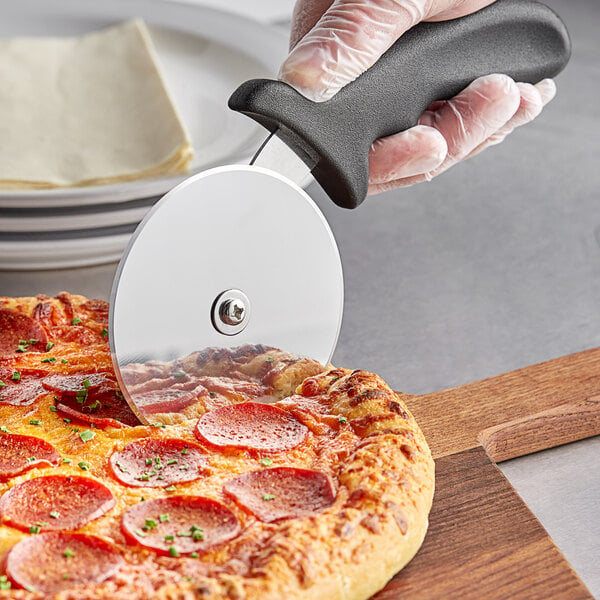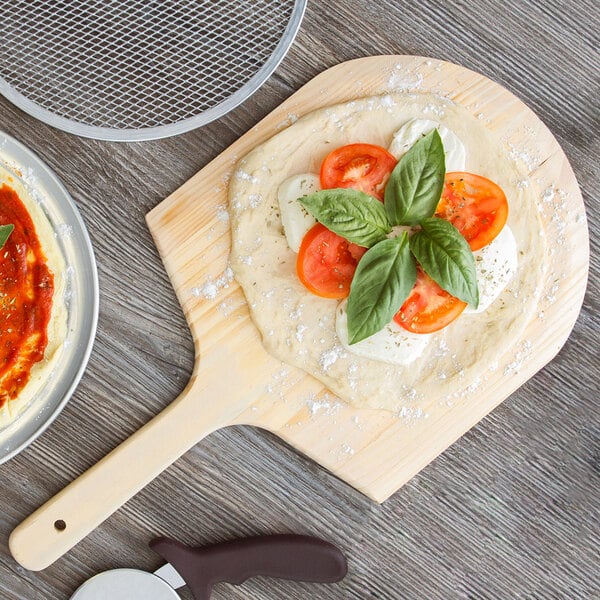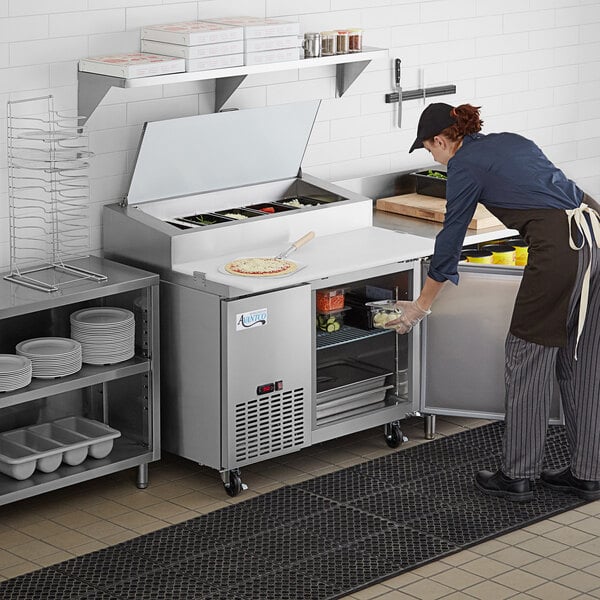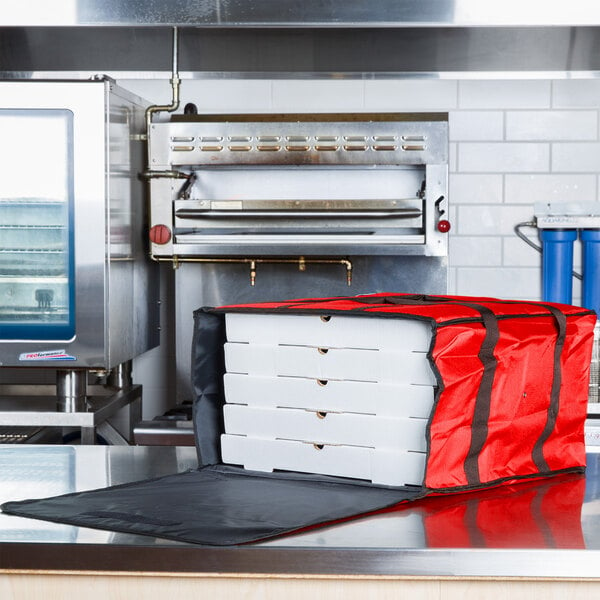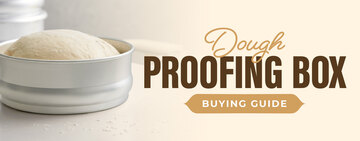Pizza refrigeration is a vital component of running a pizza shop. Many pizza components – such as dough, cheese, deli meats, and pizza sauce – must be kept at a temperature less than 40 degrees Fahrenheit until used. As a result, a key aspect of food preparation and your ability to meet orders effectively relies on having a good refrigerator and freezer.
Refrigerators and Freezers
Typically, purchasing a refrigerator and freezer requires choosing between a walk-in unit or a reach-in unit. While both options store food at a food-safe temperature, each has its pros and cons. For more information on which option might be best for your pizza shop, check out our buying guide outlining the different types of commercial refrigeration options.
- A walk-in refrigerator or freezer takes up none of your precious kitchen space, but it requires a large, separate space. Many pizzeria owners use it to store bulk ingredients, making it a preferred option for larger establishments.
- Reach-in refrigerators and freezers are smaller, separate appliances. They can’t hold as much food, but they also fit right into your kitchen for easy access to pre-portioned ingredients. There are more options for different sizes, making them a better choice for smaller pizzerias.
Pizza Prep Tables
More than an ordinary table, pizza prep tables help streamline your pizza preparation process by creating a centralized location for ingredients and prep work. In addition to having a flat surface to assemble the pizzas, it also contains refrigerated cabinets and container holders for your ingredients. This keeps everything you need to make pizza organized, fresh, and in easy reach for your staff as they fill orders, saving precious time and space in the kitchen.



